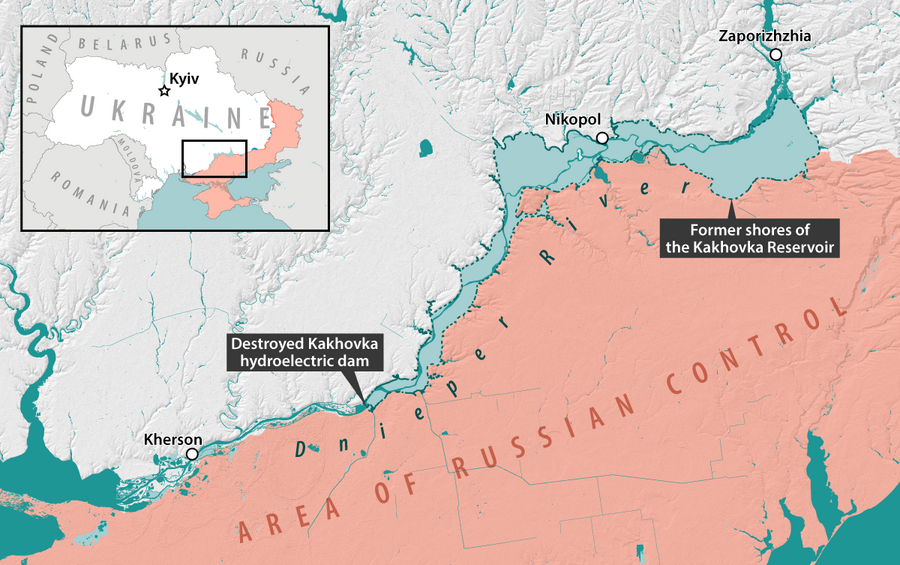The destruction wrought by the June explosion of a dam in southeast Ukraine is both vast and long-lasting. Residents of two cities more than 100 miles apart are deploying different coping mechanisms to endure an event that has transformed their lives.
Monitor Daily Podcast
- Follow us:
- Apple Podcasts
- Spotify
- RSS Feed
- Download
 Ira Porter
Ira Porter
Pictures have started flooding my social media feed of parents moving their freshmen into college dorms, and it triggers nostalgia. Going off to college was such a magical time for me. But it also left me with a great deal of anxiety about whether I would meet new friends, if people would like me, and if I would succeed. I had expectations.
I was steadfast in my determination to leave my hometown of Philadelphia for Washington, D.C. I don’t think I got more than three hours of sleep the night before my family packed my belongings into a rented minivan and headed south on I-95. Recent news events left me racking my brain to try to remember what I wrote for my college admissions essay. I believe I wrote more than one for the eight or so schools I applied to.
I thought about this recently when writing an upcoming story in the Monitor about how several schools have changed some of their essay prompts following the recent Supreme Court decision banning race-based admissions. It is commendable that schools pivoted so quickly to try to be within the law to ask students of color to talk about their race or ethnicity as a way to identify themselves. Time will tell if enrollment numbers drop for those students, as many have predicted.
I have wondered: How would I thoughtfully tell an institution that I am Black and not play into stereotypical tropes of struggle and trauma? Truth is, my background does include examples that I could use that are stereotypical, and some might say that overcoming the odds that I did is worth writing about. I just wouldn’t want to sound like everyone else.
I would love to hear how you all are thinking about this. What would you tell your children? How do we give kids clarity about what is expected when the rules seem to be changing? Please send your ideas to me. My email address is porteri@csmonitor.com.












